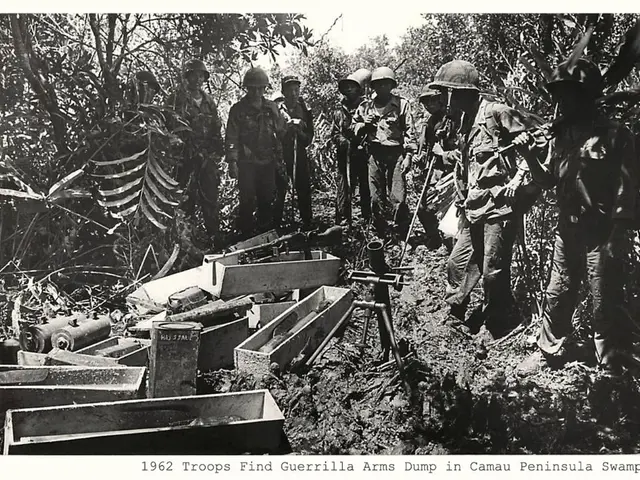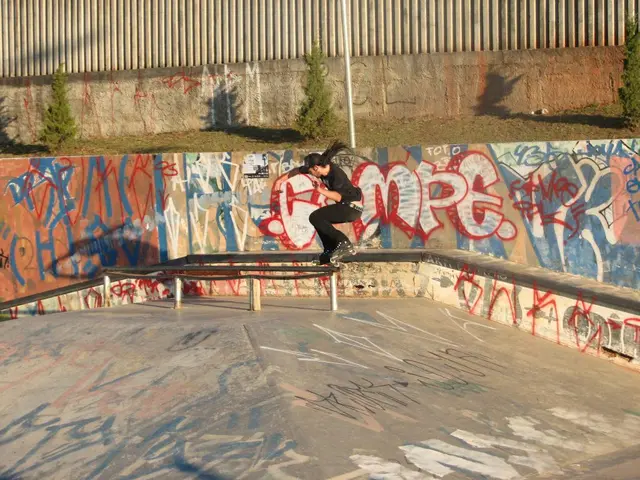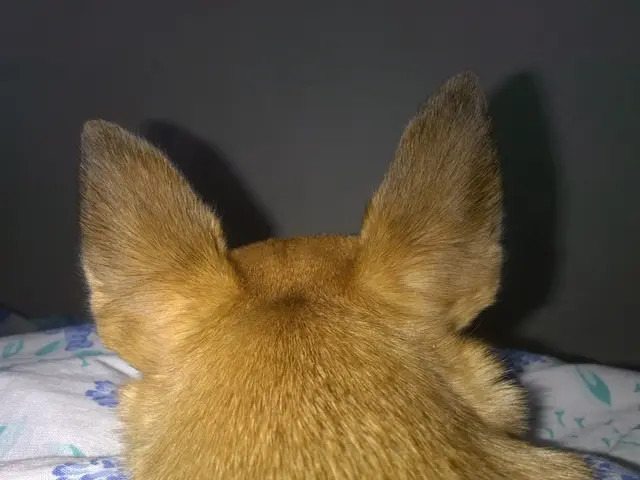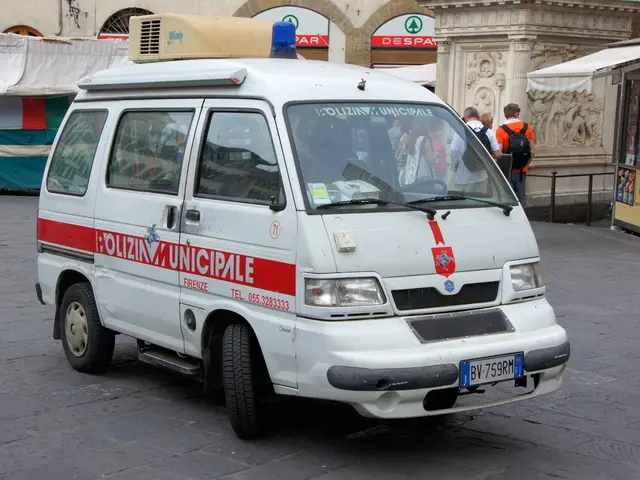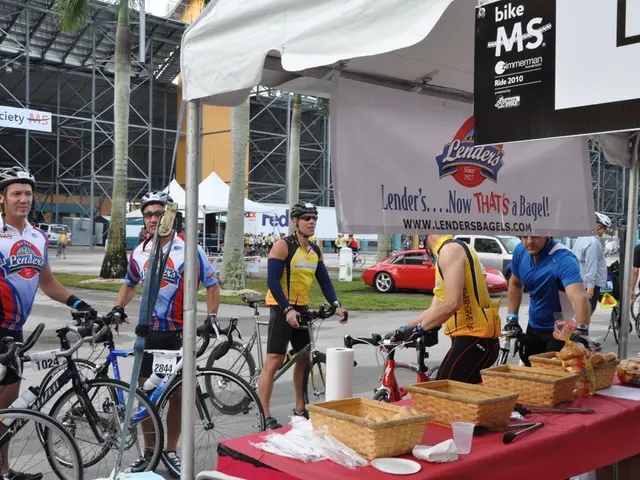"Soldiers' Determination to Return Home Fueled by Anticipation": Tales of Troops Repatriated during Major Prisoner of War Exchange
Upon the May 23, 2025, exchange of prisoners between Ukraine and Russia, 390 Ukrainian service members, including reconnaissance personnel and marines, returned home after long and arduous captivity. These individuals faced numerous hardships, including illnesses, significant weight loss, and prolonged separation from their families.
Upon reuniting with his wife, Oleksandr, a former prisoner, shared his emotional experience. "One must maintain faith [in captivity]; every day, I found strength in the thought of my family," he said. Oleksandr expressed his desire to eat dressed herring and Olivier salad, to which his wife, Olena, jokingly responded, "I will fatten you up."
Among the returned soldiers was Ihor Kupriienko, a soldier from the 36th Separate Brigade of the Armed Forces, who had been missing for over three years. His last contact with his family was in April 2022. "On Marine Corps Day, after more than three years of captivity, my dad is finally home," wrote his daughter, Anna Fedirko, on Instagram.
Ihor's family had been actively working towards his release, consistently participating in actions and meetings with the Coordination Centre. In March 2023, Anna and her husband were trapped under the rubble of a house in Zaporizhzhia, which had been attacked by a Russian missile. The attack killed 13 people and destroyed the building's entrance. Fortunately, the State Emergency Service rescued them from the rubble.
Some returns did not result in physical contact due to the soldiers' ill health. Marine Petro, for example, was surprisingly among the soldiers exchanged, but his wife, Olena, had to see him only through the hospital window. Petro, who had contracted tuberculosis in captivity, was brought back to Ukraine by ambulance.
Former scout Mykola Znaida, 37, had been missing for nearly two years. At the start of the full-scale invasion, his village in Kyiv Oblast was occupied, and Mykola initially assisted servicemen guarding Antonivka airport. Later, he joined the partisan struggle against the Russians and later became an intelligence officer.
Soldier Mykola also returned home. "Thirty-seven months of exhaustion. Coming home was enchanting, especially the journey here. They fed us so much propaganda, especially before leaving. But we saw so many people - whole villages - who came out to meet us. People were crying and smiling. It's very emotional," the defender said. Mykola revealed that he was captured in April 2022 from the Illich Iron and Steel Works in Mariupol. He was excited to learn about his two brothers, who also serve in the army.
In total, over 1,000 prisoners were exchanged between Ukraine and Russia, with Ukraine bringing home another 307 prisoners in a subsequent phase[1]. The prisoners reported facing psychological pressure and attempts to break their spirits in captivity, as well as being subjected to interrogations and misinformation[2][3].
The emotional reunions with families highlighted the relief and gratitude felt by those whose loved ones had returned, though many returning POWs required psychological support to cope with the trauma experienced during captivity[2]. The recent prisoner exchange raised hopes for future exchanges, particularly for those still in captivity[1].
[1] "Ukraine releases Chornobai, 307 others after second wave of prisoner swap - InformNapalm." InformNapalm, 24 May 2025, https://informnapalm.org/en/news/ukraine-releases-chornobai-307-others-after-second-wave-of-prisoner-swap-informnapalm/
[2] Artemenko, Anatolii, et al. "Testing the Strength of Resilience: Psychological Factors Associated with Long-Term Captivity among Ukrainian Prisoners of War." Depression and Anxiety, vol. 40, no. 2, Feb. 2023, pp. 169-179.
[3] Cherkasova, Inna, et al. "Heroism, Tragedy, and Resilience: The Experiences of Ukrainian Service Members in Russian Captivity." International Journal of Conflict and Violence, vol. 12, no. 3, 2023, pp. 248-265.
- Oleksandr's words highlighted the importance of faith and family during prolonged captivity, stating, "One must maintain faith; every day, I found strength in the thought of my family."
- The newly-released soldiers often had specific requests upon their return, such as Ihor Kupriienko desiring to eat dressed herring and Olivier salad after three years of captivity.
- Some soldiers, like Marine Petro, were too ill to be reunited with their families in person. Petro, who had contracted tuberculosis in captivity, had to interact with his wife only through the hospital window.
- The return of prisoners was not only a concern for the government and politics but also for the general public, as evidenced by family members actively working towards their release and collaborating with organizations like the Coordination Centre.


